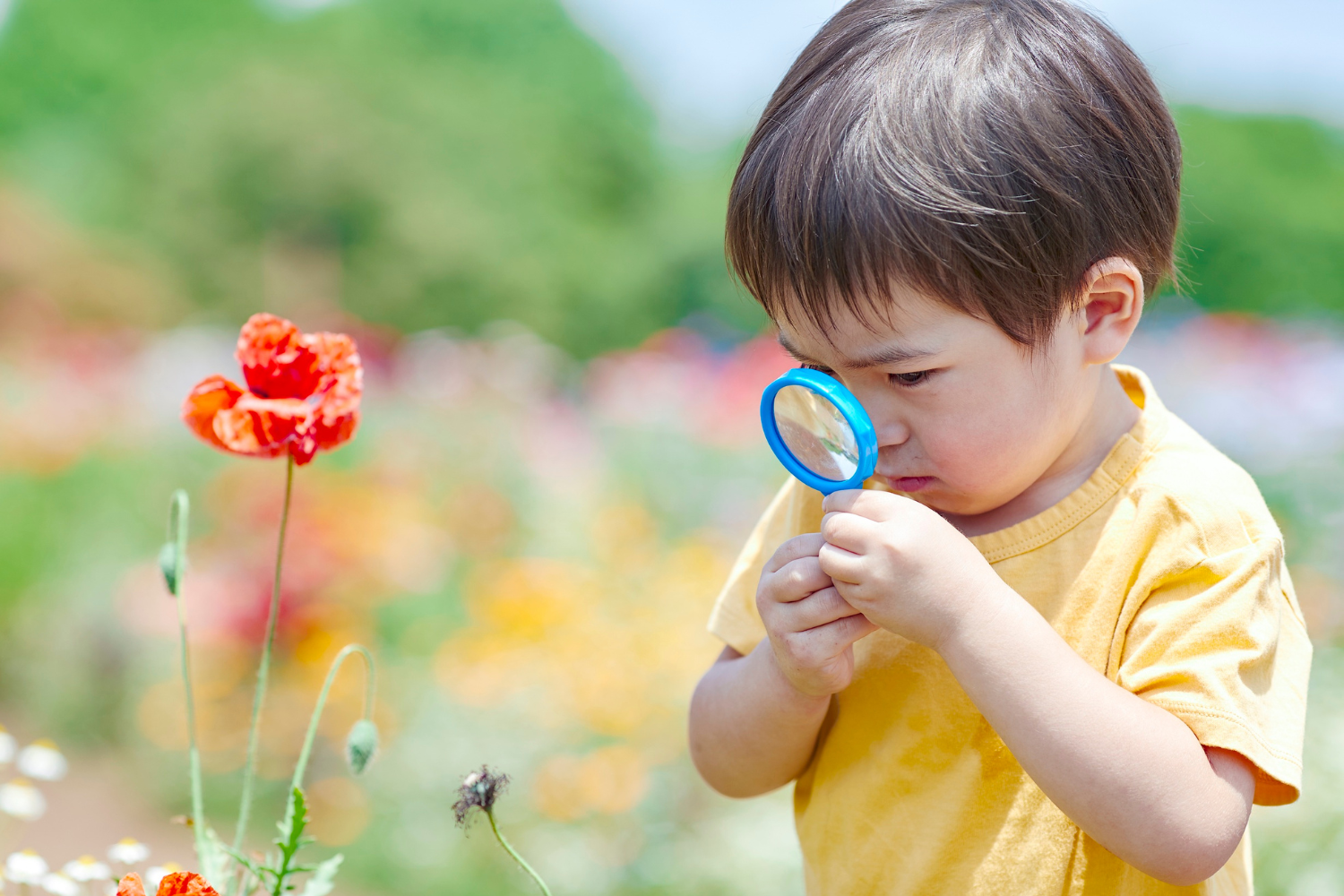Is there anything more frustrating than an ungrateful child?
We fault the child, but the fault is with us. We overindulge and coddle our children, and we complain in front of them.
“We can complain because rose bushes have thorns, or rejoice because thorns have roses.”
It's not easy raising kids in the West without extended family support. Many of us are working overtime, giving us cause for complaint.
But complaining in front of our children will only teach them to complain.
You may need to first get a handle on whatever it is that you feel frustrated with. At the very least, try not to be verbal about it in front of your kids.
And if complaining is a habit for you, you have to work on conquering it.
“Do not spoil what you have by desiring what you have not; remember that what you now have was once among the things you only hoped for.”
Assuming you’re not complaining in front of your kids, here's three things you can do to help your children develop a grateful outlook on life:
Zero Tolerance for Complaining
Do not allow your kids to get into the habit of complaining. If you have a child who is prone to complaining, you want to get on top of this habit and help him correct it. Complaining is a bad habit that molds our state of mind. If you aim to raise a content child, you have to help him break the habit of complaining.
No, No, and No
Say no to your children's wants. It's common to see children throwing tantrums in stores because the parent says no to something they want. Kids throw tantrums because they are used to getting what they want and because the parent has no control over them.
Don't be this parent.
The general rule of thumb, according to John Rosemond, is to say no to 75 % of your children's wants and oblige them 25% of the time.
Get your children into the habit of hearing "no". It's a matter of supply and demand. The greater supply of your “no’s”, the more valuable your yes’s will become. If you want to raise grateful kids, you have to learn to say “no” a lot and stand by it.
Discover the Little Joys in Life
Point out the little joys you experience, so you children get in the habit of noticing them too. For example, the songs of the birds will lift our spirits when we pay attention to them.
This will sound contrite, but stopping to smell the scent of a rose really does make us feel good.
Watching the leaves tumble in fall.
Listening to the sound of the ocean.
Experiencing the silence of the mountains.
Anything in nature is uplifting to the soul. Get into the habit of stopping to experience these things as often as you can and helping your children to become aware of them.
Gratitude Ritual
Start an evening gratitude ritual. Before you read bedtime stories to your children, sit quietly in a circle and let each child take a turn expressing three things that he was grateful for that day.
You'll be amazed at the things your kids will say.
Warning: their list will not be replete with deep and meaningful expressions of gratitude.
They are kids!
Expect them to be thankful for little things, such as they got to ride their bike or visit a friend. Maybe they'll say they're grateful for you!
“Let us be grateful to the people who make us happy; they are the charming gardeners who make our souls blossom.”
What they are grateful for isn't important; it's the act of reflecting on the blessings and stating them out loud that matters. You are helping your children to develop an attitude of gratitude.
They may be too young for the word to have much meaning for them, but it’s the attitude of gratitude that you’re trying to instill in them, not the word.
An attitude of focusing on the roses instead of the thorns.
And that will make all the difference.
When you join the Smart Homeschooler Academy online course for parents, Liz will share her 6-step framework to raise children of higher intelligence, critical thinking, and of better character.
As a homeschooler, you will never have to worry about failing your children, because Liz will empower you to feel confident, calm, and motivated; as well as provide you with the tools and support you need to homeschool successfully.
Don’t miss our free download, Ten Books Every Well-Educated Child Should Read.
Teach your child to read before sending him to school! Learn more about Elizabeth's unique course, How to Teach Your Child to Read and Raise a Child Who Loves to Read.
For parents of children under age seven who would like to prepare their child for social and academic success, please begin with Elizabeth’s singular online course, Raise Your Child to Thrive in Life and Excel in Learning.
Elizabeth Y. Hanson is a homeschooling thought-leader and the founder of Smart Homeschooler.
As an Educator, Homeschool Emerita, Writer, and Love and Leadership Certified Parenting Coach, she has 21+ years of experience working in education.
Developing a comprehensive understanding of how to raise and educate a child, she devotes her time to helping parents get it right.
Elizabeth is available for one-on-one consultations as needed.
"I know Elizabeth Y. Hanson as a remarkably intelligent, highly sensitive woman with a moral nature and deep insight into differences between schooling and education. Elizabeth's mastery of current educational difficulties is a testimony to her comprehensive understanding of the competing worlds of schooling and education. She has a good heart and a good head. What more can I say?”
—John Taylor Gatto Distinguished educator, public speaker, and best-selling author of Dumbing Us Down: The Hidden Curriculum of Compulsory Schooling
















